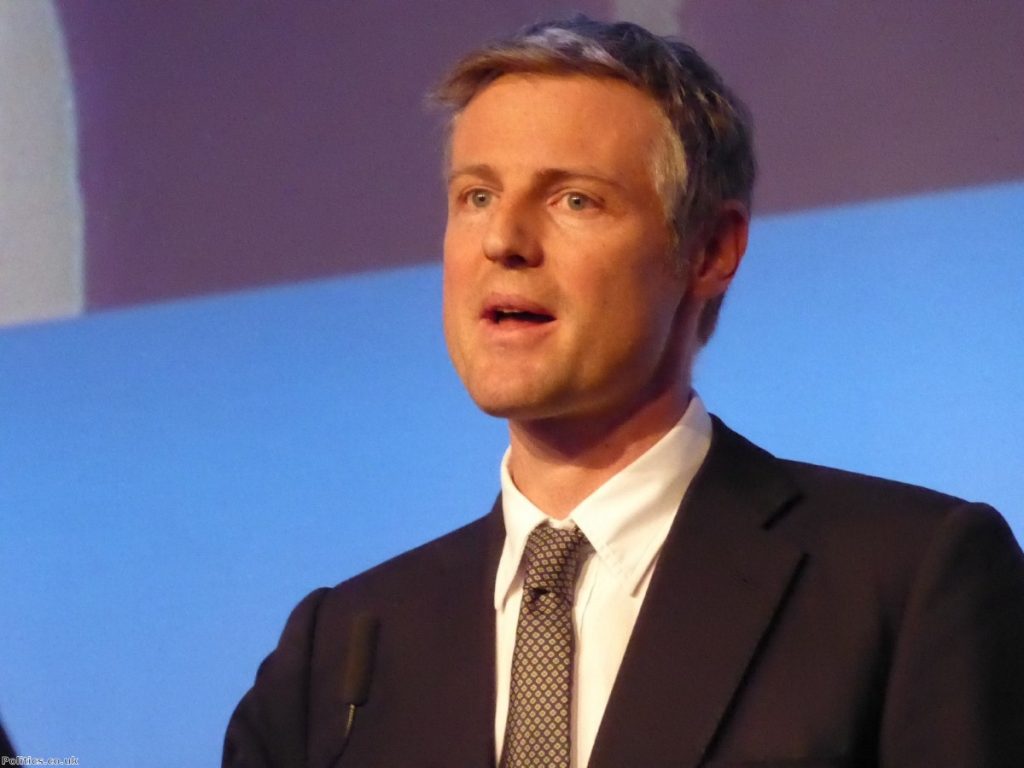What does Zac Goldsmith’s pledge to “bear down on fares” really mean?
The Conservative candidate for London mayor has so far escaped the same type of scrutiny on public transport fares that his Labour opponent has faced.
Partly this is because Zac Goldsmith hasn't properly explained what his fares policy is.
Earlier this week Goldsmith released his transport manifesto. There are commitments to protect existing discounts and concessions. But unlike Khan's manifesto, there are no firm commitments on what overall fare levels would be under his mayoralty, or even whether they would go up or down.
No commitment on fares in Zac Goldsmith's transport manifesto today. His team declining to comment on claim he plans 17% fare rises by 2020.
Featured BASC responds to Scottish Government’s announcement on deer management
Featured Ofsted report into Religious Education shows long overdue need for reform, says Humanists UK
— Adam Bienkov (@AdamBienkov) March 30, 2016
After tweeting this fact yesterday, his campaign got in touch with me to point out that there was in fact a commitment to "bear down on fares" in the manifesto.
So what exactly does this mean? To the untrained reader, this might appear to be a commitment by Goldsmith to reduce fares. But is it?
After all, In 2012 Boris Johnson also promised to "bear down on fares" adding that: "under my approach fares will be lower in the long term". In a debate on the BBC, he even went so far as to say that fares would "go down in an honest and sustainable way” if he was re-elected. Yet after winning that election, he actually increased fares.
So was Boris misleading voters then and is Goldsmith misleading them now? To figure this out, I asked Goldsmith's campaign for a working definition of the phrase.
They told me that "bear down on fares" means: "keeping fares as low as possible while maintaining investment". Of course you could claim that you had kept fares "as low as possible" while still raising them substantially. But is this what most people would understand by the phrase "bearing down"?
Asked about this earlier this week, Goldsmith stated that his policy would depend largely on making significant efficiencies within TfL, as well as getting a good deal on fare subsidies from central government after the election. Pushed on what he would do if he failed to get that deal, he replied that he would do "whatever it takes to protect the transport budget."
Well according to Transport for London's business plan, the way to protect that budget is to raise fares by 17% by 2020. Of course Goldsmith wouldn't necessarily have to stick to this plan, but it's the same fares plan which he uses to claim that Sadiq Khan's fares freeze would leave a £1.9 billion hole in TfL's budget. By using that calculation, Goldsmith is implicitly suggesting that he would start from the assumption that fares would rise by 17%. To not do so would be to leave the same "black hole" he is accusing Khan of leaving.
So if you read between the lines it's pretty clear that fares would rise under a Goldsmith mayoralty, potentially by as much as a fifth. So if that's the case, can he really justify continuing to claim that he would "bear down on fares"?












